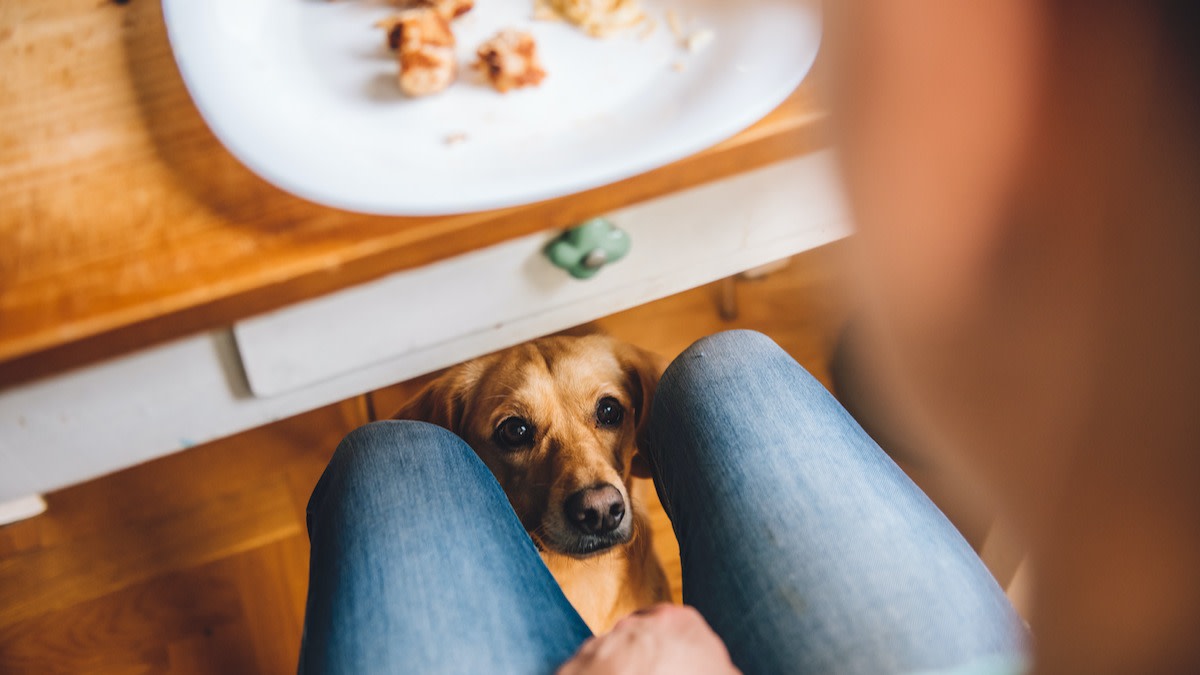Can Dogs Eat Hash Browns? 4 Risks of Hash Browns for Dogs
Written by MasterClass
Last updated: Apr 26, 2022 • 1 min read
Dogs cannot eat hash browns. Read on to learn why pet owners should not offer hash browns as a dog treat.
Learn From the Best
Can Dogs Eat Hash Browns?
Dogs cannot eat hash browns, even as an occasional treat. Hash browns contain lots of salt, saturated fats, carbohydrates, and seasonings that are bad for your dog’s body. Consistently feeding your dog high-calorie hash browns can lead to stomach upset or long-term health issues like pancreatitis. Homemade, fast-food, or frozen hash browns are not safe additions to your dog’s diet. Instead, offer your dog nutritious dog food or treats.
Why Dogs Should Not Have Hash Browns: 4 Health Risks
Dog owners should not offer hash browns to their pets. Hash browns contain:
- 1. High quantities of salt: The large amounts of salt in hash browns can lead to side effects like stomach upset, excessive thirst and urination, or serious health issues like salt poisoning. Hash browns are also full of carbohydrates and calories, and overeating carbs can lead to obesity.
- 2. Lots of fat: Fried foods like hash browns are full of fats and oils. The vegetable oils used to make fried potatoes like hash browns or french fries contain saturated fats and trans fats that are bad for your dog’s digestive system. These fats can lead to weight gain or obesity.
- 3. Solanine: Potatoes are a member of the nightshade family, and raw potatoes contain the compound solanine, which is toxic to dogs. Cooked potatoes have reduced amounts, but they still contain solanine, which can be dangerous for your dog’s health if they eat hash browns in large quantities.
- 4. Toxic ingredients: Many hash brown recipes call for seasonings like garlic and onion. These ingredients are toxic for dogs and can cause an upset stomach or more severe issues for your dog’s digestive system. Frozen hash brown patties contain preservatives that can also be harmful to your pet.
Before Sharing With Your Pooch
Certain human foods can cause adverse reactions in canines, so always consult your veterinarian to determine whether it is safe to add these foods to your pet’s diet. This article is for educational and informational purposes and is not a substitute for medical or dietary advice.
Want to Learn More About Training the Goodest Boy or Girl?
Your dream of having a dog who understands words like “sit,” “stay,” “down,” and—crucially— “no” is just a MasterClass Annual Membership away. The only things you’ll need to train up a well-behaved pup are your laptop, a big bag of treats, and our exclusive instructional videos from superstar animal trainer Brandon McMillan.
